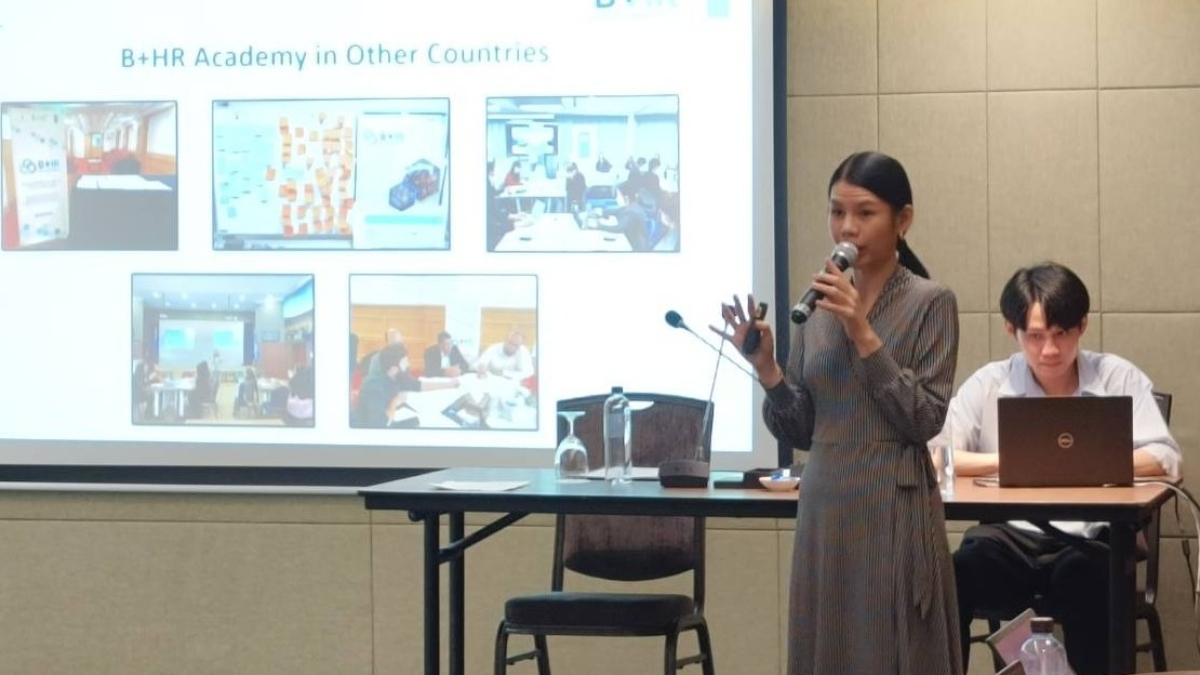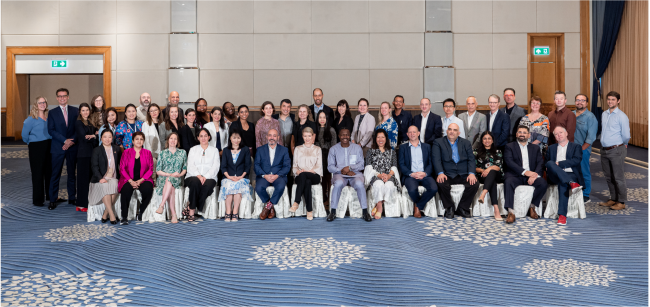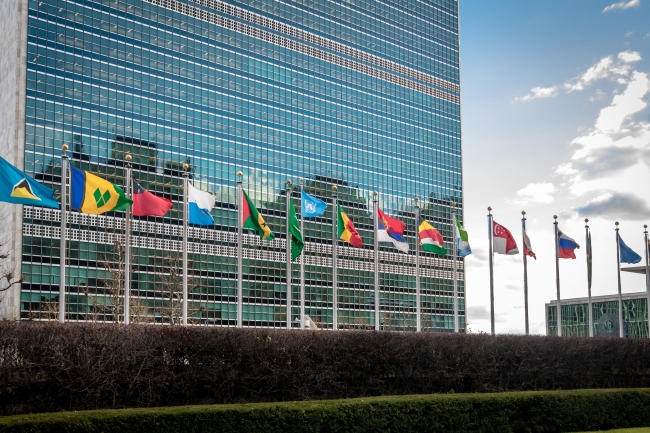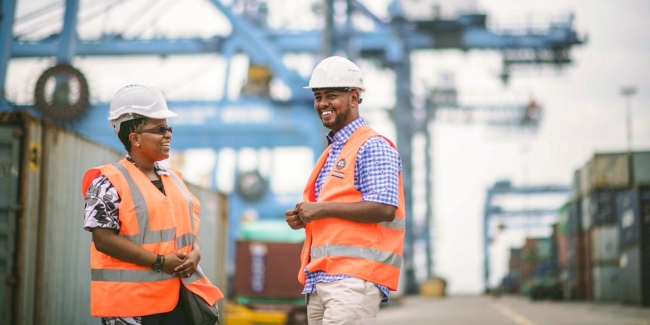Strengthening regulatory frameworks to reinforce Thailand’s financial sector against modern slavery and human trafficking
27 MARCH, 2025

Modern slavery and human trafficking are global issues.
According to the Walk Free Global Slavery Index, the Asia-Pacific region is home to the largest number of people affected by modern slavery, with an estimated 15 million individuals in situations of forced labour.
Southeast Asia continues to navigate complex challenges related to human trafficking and exploitation, including labour trafficking, commercial sexual exploitation, bonded labour, forced marriage, and emerging forms such as trafficking into online scam operations. These evolving dynamics often involve elements of coercion, restriction of movement, and abuse, where individuals may be compelled to engage in fraudulent activities under conditions of threat or indebtedness.
As a major economic hub attracting both national and migrant workers, Thailand has taken active steps to address the risks of exploitation. In 2019, it became the first country in the Asia-Pacific region to adopt a National Action Plan on Business and Human Rights, grounded in the UN Guiding Principles on Business and Human Rights - reaffirming its commitment to responsible business conduct and the protection of human rights.
Through the Finance Against Slavery and Trafficking (FAST) Initiative, hosted by UNDP Sustainable Finance Hub and collaboratively implemented with the Business & Human Rights Initiative, the financial sector is playing an important role in Thailand's National Action Plan on Business and Human Rights, and the broader human rights agenda.
At the forefront of this effort is Tarinee Suravoranon, UNDP Thailand’s Project Manager for Business and Human Rights, who coordinates the FAST initiative in the country.
"Thailand is in a strong position to drive forward the business and human rights agenda, backed by the Government's political commitment," said Tarinee. "More and more companies understand that integrating responsible practices not only strengthens stakeholder trust, but also fosters long-term profitability and sustainable growth. That's what makes my work with FAST so rewarding."
The National Action Plan has yet to include measures for strengthening the financial sector’s capacity to detect and prevent modern slavery and human trafficking in everyday transactions. This gap presents an opportunity for the FAST initiative to play a leading role in addressing it.
Thailand is facing significant challenges related to cross-border migration, with many migrant workers fleeing from neighboring countries vulnerable to exploitation and trafficking. Engaging the financial sector enhances transparency and accountability to prevent modern slavery and human trafficking.
The role of the FAST initiative
Launched in 2018 as an initiative of the Principality of Liechtenstein, FAST is mobilizing the financial sector to address modern slavery and human trafficking risks, focusing on financial institutions such as banks, investors, Financial Intelligence Units, regulators, and insurers. FAST’s objective is to support these institutions in identifying and mitigating risks tied to forced labor and trafficking in supply chains.
“When this project came to Thailand, we saw it as a very good initiative that fits well with our work on business and human rights programs,” Tarinee said.
The FAST initiative complements the National Action Plan on Business and Human Rights, particularly in the area of labour rights protection, which focuses on preventing risks faced by workers in business operations and supply chains. One of the initiative’s first steps in Thailand was to foster collaboration among government agencies, financial regulators, and the private sector in exploring the role financial institutions can play in combating modern slavery.
According to Tarinee, “We aim to connect the stakeholders, especially government and financial regulators, to have conversations about how we can address modern slavery and trafficking by using financial mechanisms.”
Combating modern slavery through financial oversight
One of the FAST initiative’s key activities in Thailand is strengthening capacity of financial-sector actors to identify and prevent transactions – and the financing of business operations – connected to trafficking networks.
“In the financial sector, including investment banking, we want to build due diligence to screen clients that engage with the trafficking networks. We also support the financial sector in designing products that provide incentive to the private sector to address modern slavery and human trafficking,” Tarinee explained.
Tarinee emphasized the importance of leveraging existing regulations to promote this agenda, such as mandatory environmental, social and governance (ESG) reporting requirements.
“Thailand currently requires all of its more than 800 publicly listed companies to comply with mandatory ESG reporting regulations. Since 2022, these companies have been disclosing human rights-related information on their business operations and supply chains”. Tarinee stated. “These regulations present a significant opportunity to strengthen corporate commitments and concrete action against slavery and trafficking – especially if these issues are incorporated into future reporting requirements.”
Addressing migration and exploitation
The connection between migration and modern slavery is strong in Thailand, where many migrant workers face exploitation in sectors such as agriculture, construction, and domestic work.
Migrant workers are particularly vulnerable because of the recruitment fees they must pay, which can lead to debt bondage. If they cannot pay the fees, they end up working for free.
The situation has worsened due to political instability in Myanmar, which has pushed refugees and migrants into Thailand and made them prime targets for trafficking syndicates. Migrant workers’ vulnerability is further compounded by gaps in legal protections and enforcement.
Thailand also is impacted by organized crime. Cyber-enabled fraud prompted about between US$18 billion and US$37 billion in financial losses across East and Southeast Asia in 2024, according to the UN Office on Drugs and Crime. According to International Labour Organization (ILO) estimates, forced labour generates about US$ 150 billion in annual earnings.
A path forward through collaboration
Through these collaborative efforts, the country can take significant steps toward eradicating human rights violations and ensuring that business practices uphold the dignity of all people.










